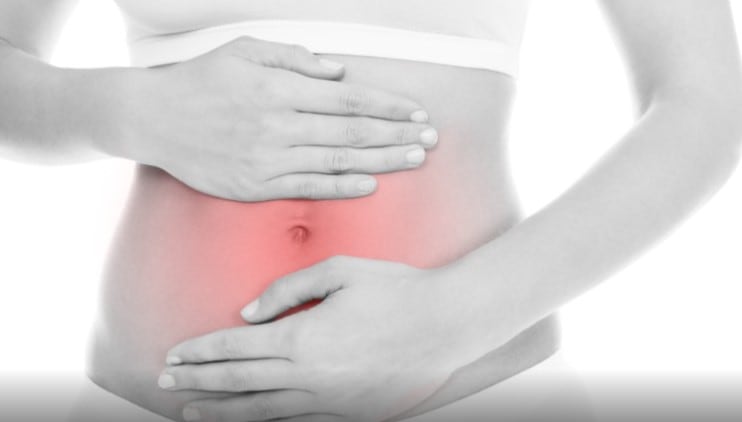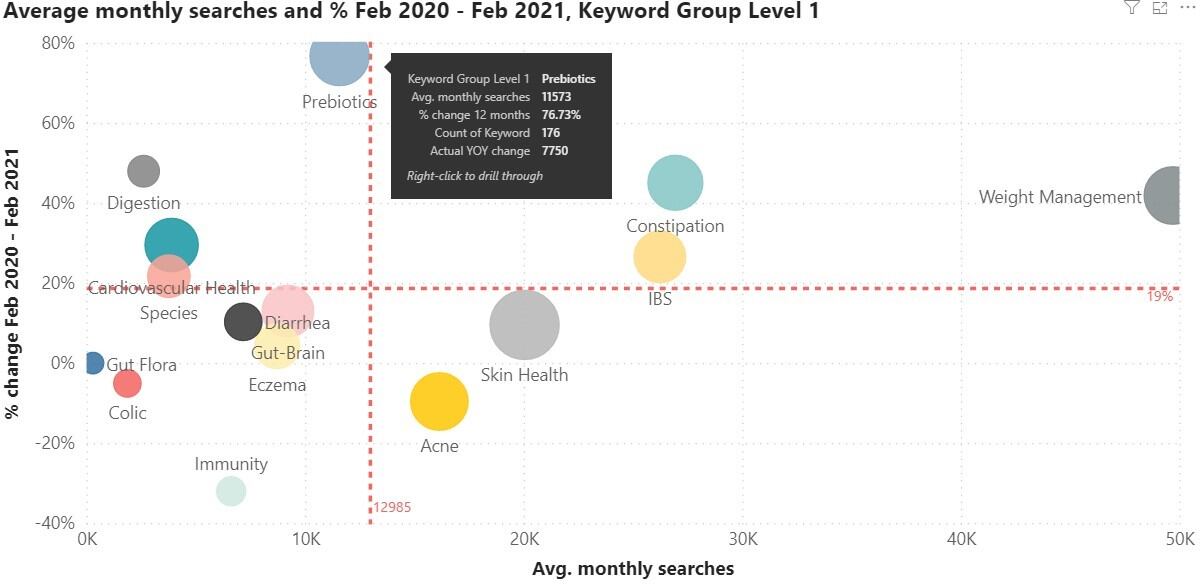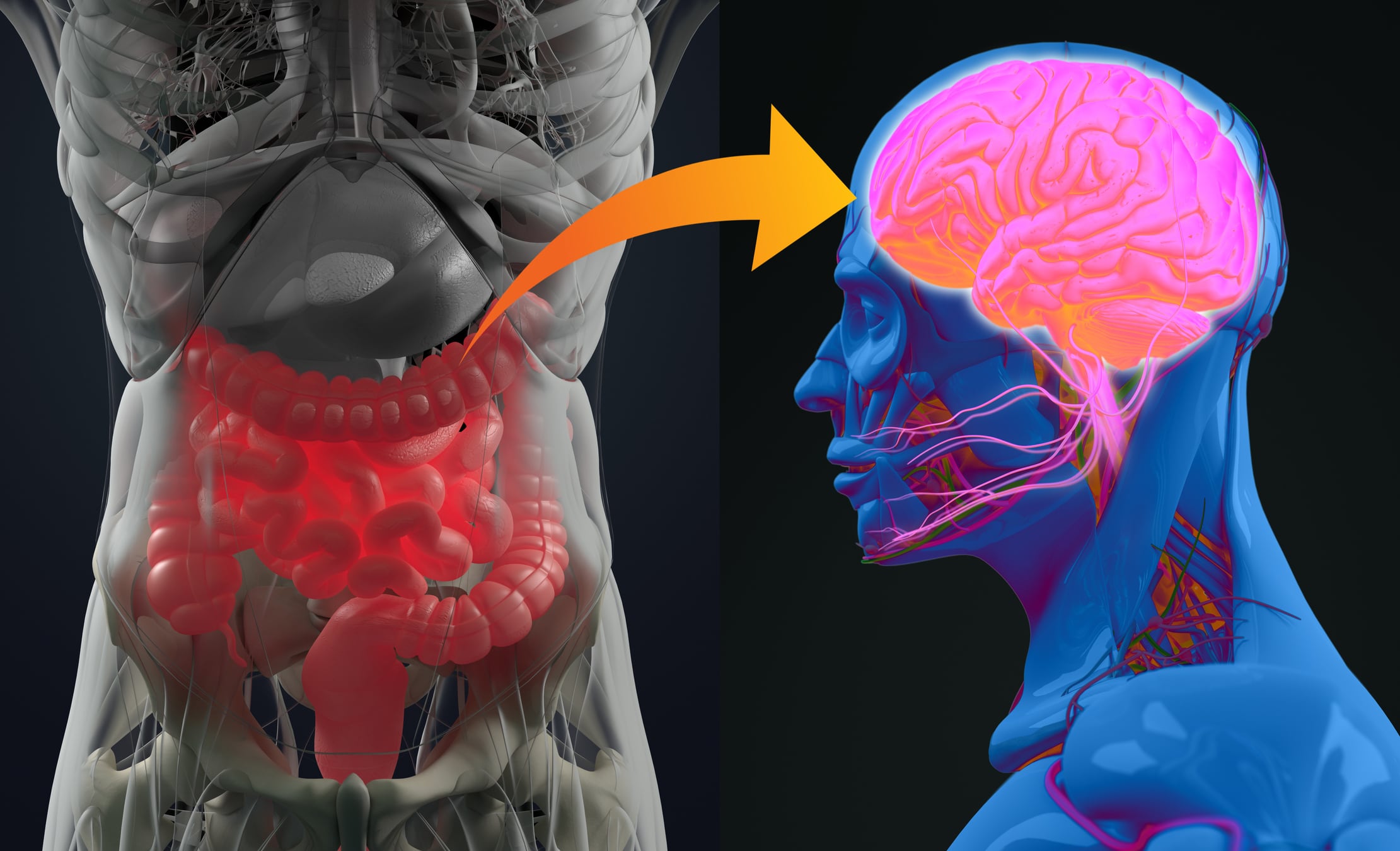The team found that despite their conclusions, they still recommend testing and supplementation of the vitamin to support overall health, noting a high occurrence of poor vitamin D status in IBS patients.
“What our research shows is that supplementing vitamin D at a safe dose did not reduce the severity of IBS symptoms,” explains Dr Liz Williams, Senior Lecturer in Human Nutrition at the University of Sheffield.
“It is worth noting however, that the vitamin D supplementation did correct deficiencies in those people who were found to have poor vitamin D status, and this is important for other aspects such as bone and muscle health.”
Writing in the European Journal of Nutrition, the researchers, in partnership with health supplement company, BetterYou enrolled 135 participants into the randomised, double-blind, placebo-controlled study.
These participant were given either vitamin D (3,000 IU) or placebo for 12 weeks delivered via a sublingual flavoured liquid spray.
The study’s primary outcome measure was change in IBS symptom severity with secondary outcomes including a change in IBS-related quality of life.
No difference in symptom severity
Results of the study found that as expected, vitamin D status improved in participants in response to the oral spray supplementation over a 12-week trial.
However, there was no difference to their IBS symptom severity over the same period, nor a reported change in the participants’ quality of life.
“For some people living with severe IBS, low vitamin D levels may be attributable to changes in diet and lifestyle,” adds Bernard Corfe, Lead study author and Honorary Fellow at the University of Sheffield.
“Some may feel due to the severity of their symptoms that they limit their outdoor activities due to the anxiety their symptoms can cause or alter their diet to avoid certain foods triggering their symptoms.
“Unfortunately, all of these coping mechanisms can be detrimental to overall health and wellbeing and reduce exposure to valuable sources of vitamin D,” Dr Corfe adds.
“Given that vitamin D is essential for overall health and wellbeing, it is still important people with IBS get tested and treated and seek dietary advice, so it does not impact on their long-term health.”
IBS management
Dietary approaches to manage the symptoms of IBS includes low-FODMAP diets, supplementation with probiotics and prebiotics and recently glutamine supplementation.
Exploration of links between vitamin D status and IBS has arisen due to links between vitamin D and other colorectal disorders.
A case study collated patient reports of self-administration and suggested a potential benefit of vitamin D supplementation.
One review previously conducted by the university noted that studies consistently reported prevalent vitamin D deficiency in participants with IBS, although there is inconsistency as to whether this is greater than in the general population.
“There is a range of management strategies that people living with IBS can seek help with from their GP, but because of the heterogeneity of the syndrome, managing IBS can be trial and error for each individual patient,” adds Professor Corfe.
“As it is estimated that between five and 15% of the population could be living with IBS - some undiagnosed due to the anxiety and embarrassment their symptoms can cause.
“It is vitally important we continue with research to find new ways to diagnose, treat and understand the impact of IBS on the population.”
‘Ill-defined nature of IBS’
Discussing the findings’ significance, the researchers point out the assortment of responses noted in IBS trials, which they say reflects the ill-defined nature of IBS.
It may be the case that there are subsets of the IBS population who do benefit from vitamin D supplementation, the study concludes.
“Predicting responders, in terms of IBS symptoms, merits further research as vitamin D supplementation is a viable long-term management option.
“Our work shows that neither vitamin D status nor repletion is a predictor of a therapeutic response to vitamin D supplementation. Exploratory analyses of larger datasets would be needed to identify such potential predictors.”
Source: Eur J Nutr
Published online: doi.org/10.1007/s00394-021-02633-w
“Vitamin D supplementation in people with IBS has no effect on symptom severity and quality of life: results of a randomised controlled trial.”
Authors: Williams, C.E. et al.




